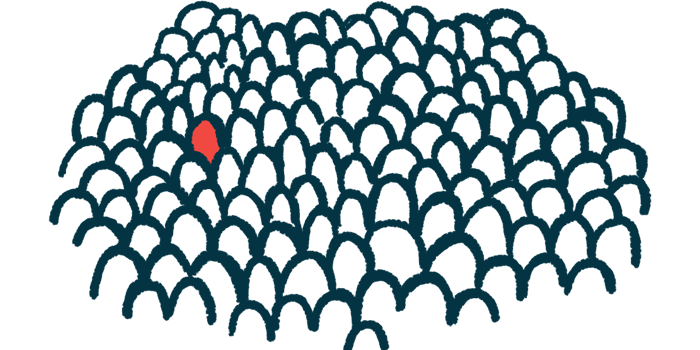NORD selects 4 organizations to join its IAMRARE platform
Goal is to grow the platform’s volume of patient-reported data; aid research, care
Written by |

The National Organization for Rare Disorders (NORD) has selected four patient advocacy organizations to join its IAMRARE platform and host patient registries for rare disorders.
The goal is to enhance the platform’s volume of patient-reported data, which could result in new therapies and improved care for those with rare diseases, such as Lambert-Eaton myasthenic syndrome (LEMS).
NORD, which called for applications last year, will add the new or existing registries to the platform at no cost to the groups. Expenses related to deploying the platforms will be covered by the Rare Disease Cures Accelerator-Data and Analytics Platform (RDCA-DAP) developed by NORD and the Critical Path Institute through a collaborative U.S. Food and Drug Administration grant.
The four organizations were chosen in part due to their organizational capacity and their being prepared to begin submitting existing data to RDCA-DAP.
The IAMRARE program will provide the groups with support and tools to collect patient-reported data. It’ll also help each group create a registry advisory board, create and customize surveys, put together a study protocol, join in the Institutional Review Board process, and set criteria for registry data sharing.
The IAMRARE registry platform, which includes more than 40 rare conditions, lets patients and organizations assist rare disease research and translational science by creating tailored registries. Data collected via the registries helps define a disease’s natural progression, which can lead to better treatments and overall care.
The four selected groups include:
- CureARS, which works to raise awareness about the ultra-rare mitochondrial ARS genes, support patients, and fund research. It also seeks to unite disparate research efforts on the individual group of ARS genes.
- FamiliesSCN2A, which seeks to improve the lives of those with SCN2A-related conditions globally. It also aims to accelerate investigations, build community, and advocate for patients and families.
- National CMV Foundation, a nonprofit, which works to educate families, healthcare providers, and those of childbearing age about congenital cytomegalovirus — affecting about 1 in 200 children.
- Recurrent Respiratory Papillomatosis Foundation, which seeks to improve care for recurrent respiratory papillomatosis patients, advocate for nonsurgical options, convene clinicians and scientists, accelerate research, and fortify the disease community.
“These studies will allow RDCA-DAP to expand its reach into new and emerging rare disease areas and also supplement existing disease areas within the platform to enhance the potential for cross diseases analyses and learning. This foundational work is core to NORD’s mission of advancing research to ensure that every person living with a rare disease can achieve their best health and well-being,” Pamela Gavin, NORD’s executive vice president, said in a press release.
Those interested in sharing data, or who seek more information about RDCA-DAP, should visit c-path.org/programs/rdca-dap.






